‘Tis the season… for your allergy to act up? Don’t worry, we present below some simple tips for managing change of season allergies that will help you out.
Contents
Allergies arise when a person’s immune system becomes overly reactive to the outdoor stimulus or allergens. Many Americans experience allergies that occur in a specific season or when the change of season happens.
Hay fever (allergic rhinitis) is the common name for seasonal allergy, which affects nearly 8 percent of Americans. It may be caused by pollen from trees, weeds, and grass. Naturally, in spring, most flowers bloom and produce pollen and become the cause of seasonal allergies. Hay fever can make your day-to-day life miserable.
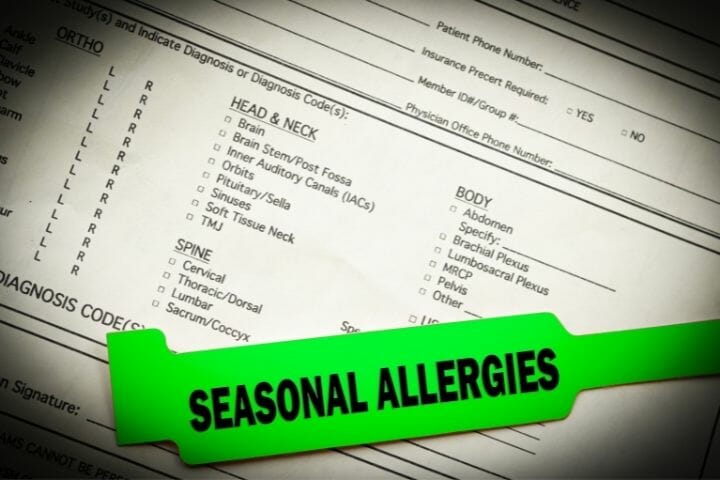
However, some simple measures can help you prevent seasonal allergies and reduce your symptoms. In this article, we will mention such simple tips for managing change of season allergies
Why Do My Allergies Get Worse When the Seasons Change?
Seasonal allergies can happen when the immune system of your body becomes more responsive to an airborne substance such as pollens, dust, and mold. These substances are usually harmful, but the person’s immunity system tries to eliminate them from the body through fever.
The immunity system also produces histamines and other chemical hormones when in contact with allergens. Some chemicals trigger the symptoms of seasonal allergies and make them worse.
In spring, between March and June, tree pollens are high. During the summer period, the grass pollen levels are high and increase the risk of allergies. In fall, usually at the end of October, the weed pollens are high as they are hard to kill unless they get frozen from the winter season.
People don’t suffer from seasonal allergies during the winter season as most of the pollen is dead due to cold temperatures. Identify your specific allergy caused by particular pollen and use extra precautions and precautions in their season.
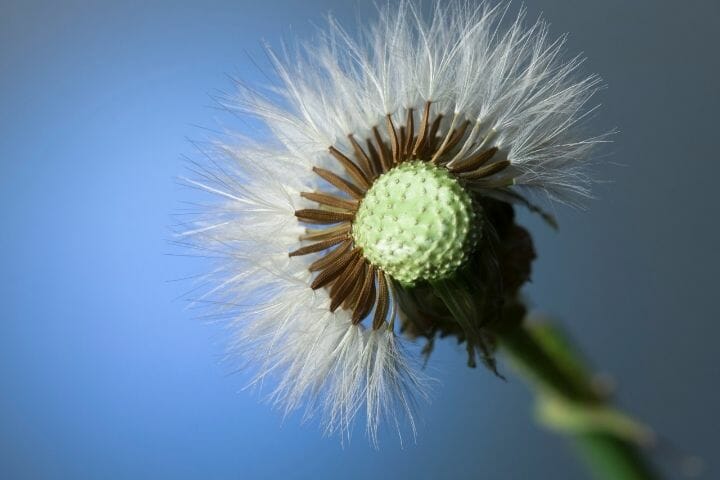
Symptoms of Seasonal Allergies
Seasonal allergies primarily affect the eyes, mouth, nose, and sinuses; luckily, not all people experience all the symptoms of seasonal allergies. For most people, an itchy roof of their mouth, runny nose, or watery eyes are typical during season changes. However, It may vary from person to person.
Most frequent symptoms of seasonal allergies that a person can experience when season changes include:
- Body aches
- Fever or chills
- Difficulty or pain with breathing
- Runny or stuffy nose
- New rashes
- Nasal congestion
- Eye pain or vision impairment
- Sneezing
- Ear congestion
- Itchy sinuses, throat, or ear canals
Less common symptoms of seasonal change allergies include:
- Coughing
- Headache
- Wheezing
- Shortness of breath
Some common symptoms usually go away within a week or two but if you still experience the signs of allergies for a more extended period, get medical help immediately.
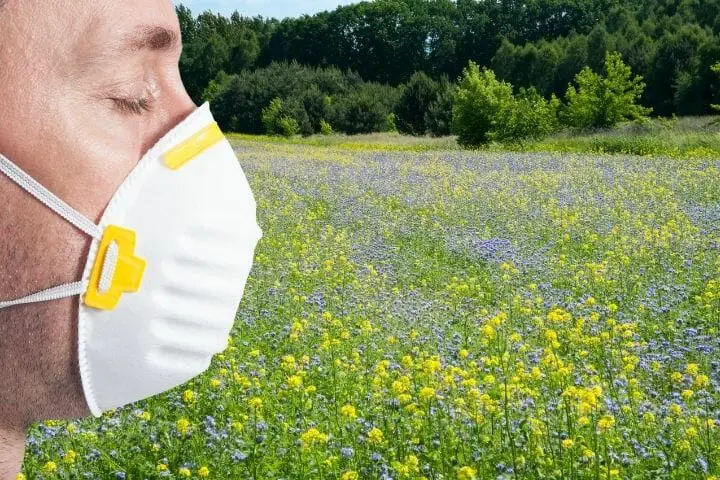
Preventing Seasonal Allergies
First, take steps to avoid seasonal allergies as much as possible.
Reduce your exposure to allergy triggers
You should try to stay indoors on dry and windy days to minimize the exposure to the substance that triggers their allergy symptoms and signs. You can go outside after the rain, as rain clears out pollen from the air.
Also, avoid weed pulling, lawn mowing, and other gardening-related activities that stir up allergens. Shower daily and remove your outdoor clothes to remove pollen from your body. Avoid hanging your laundry and towels outside as pollen can stick to them.
Keep indoor air clean.
You need to keep changing your indoor air during the season as the pollen level rises during these weeks. You can use the air conditioning with advanced filters in your house and car.
However, not all air conditioners remove allergens. You should use a device which has HEPA filters in your house and remember to follow regular maintenance for air conditioning.
You can use a dehumidifier to keep your indoor air dry. You can also use a vacuum cleaner with a HEPA filter to clean the floors.
Close windows and doors
You might like to get the spring breeze into your room, but it is not suitable as the outside wind contains many allergens. If you get seasonal allergies quickly, you should close your windows and any opening that brings the outside wind into your home. Instead, use an air conditioner to cool the temperature and keep pollen away from your room.
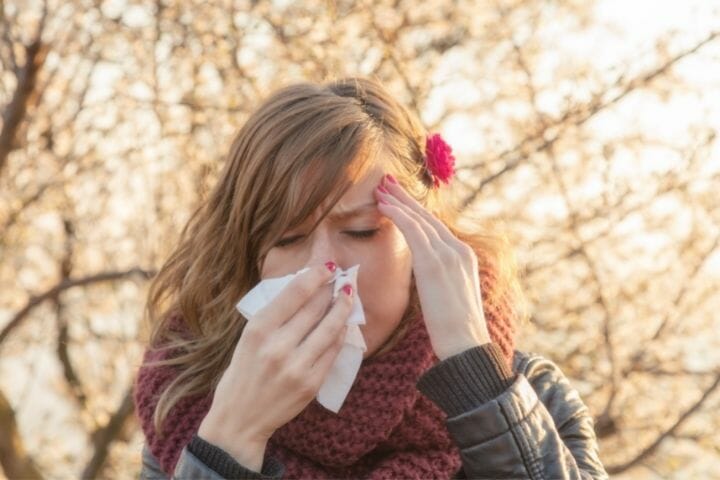
Go outside at the right time.
Wear a pollen mask to protect yourself from allergies every time you go outside. The best time for you to go outside is when the outdoor pollen count is lowest.
Generally, the pollen counts tend to climb on dry and windy days. And it is also highest in the early morning to noon and at night. Make plans on going outside during the evening or after rain.
Keep your room clear of dust and allergens.
Experts suggest that dust contains pollen that stirs up the chance of seasonal allergies. We advise you to keep your home free of dust as it can significantly help to reduce your seasonal allergies.
Use a vacuum cleaner that has high-efficiency filters to clean your home. Avoid exposure to different types of smoke, such as cigarettes, cigars, or burning wood. Smokes can also trigger seasonal allergies.
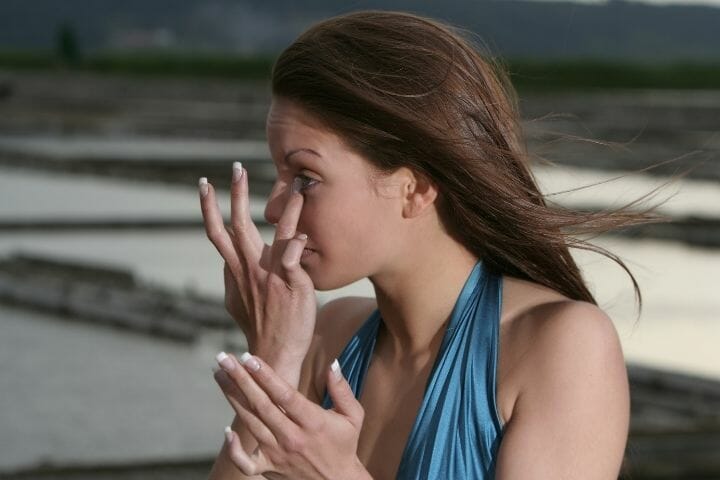
Seasonal Allergy Medication
When you can’t prevent your seasonal allergy, you can get help from available treatment.
Know your medication
Most doctors suggest their adult patients take loratadine 10mg a day and 5 mg for children to alleviate their symptoms.
You can also choose other medication options such as cetirizine and diphenhydramine. Diphenhydramine can cause drowsiness; use it after consulting your doctor.
Use nasal spray and steam.
If you don’t like to eat allergy pills or the pills are not effective, you can use nasal sprays to relieve the symptoms of seasonal allergies.
Many people use nasal sprays to manage nasal congestion and post-nasal drip. To make your breathing more effortless, you can use steroid nasal spray, including triamcinolone acetonide and fluticasone.
Start your allergy regimen early.
Most people start their allergy regimen pills before the pollen season begins. You should also start your allergy regimen before a month when your specific pollen allergens are high. Using this strategy, you can avoid your seasonal allergies.
Use eye drops
You can use Flonase as it is effective in easing itchy eyes. However, if it’s not helping in your case, you can use eye drops such as Pataday and Ketotifen fumarate to avoid the stinging and redness of your eyes.
Alternative treatments
People use many alternative ways to treat seasonal allergies. However, there is not enough evidence supporting these remedies’ effectiveness. The alternative treatments that you can use to get relief with your allergy include:
- Vitamin C with some antihistamine properties
- Lactobacillus acidophilus, a good bacteria present in yogurt
- Quercetin, a flavonoid found in many fruits and vegetables
- Spirulina, a kind of blue-green algae
Before using any alternative treatment, you should make sure that these substances are safe for you with your doctor.

Final Words
With these simple strategies, you can eliminate the risk of seasonal allergies to an extent. The natural remedies surely help treat hay fever and other allergic conditions. However, if you don’t observe any improvement regarding your seasonal allergies, you should seek a doctor’s help.
Your healthcare provider may recommend you run some skin tests or blood tests to determine the exact reason behind your condition. If your allergy is terrible, you probably need to take allergy shots to reverse your situation.
We hope these simple tips, tricks and remedies will help you manage your seasonal allergies. If you have any queries or doubts, feel free to drop us a word and we will clear it right out.
If you loved the articles, please spread the word through social media accounts and in your personal groups. It may help others who might also be afflicted with seasonal allergies.
